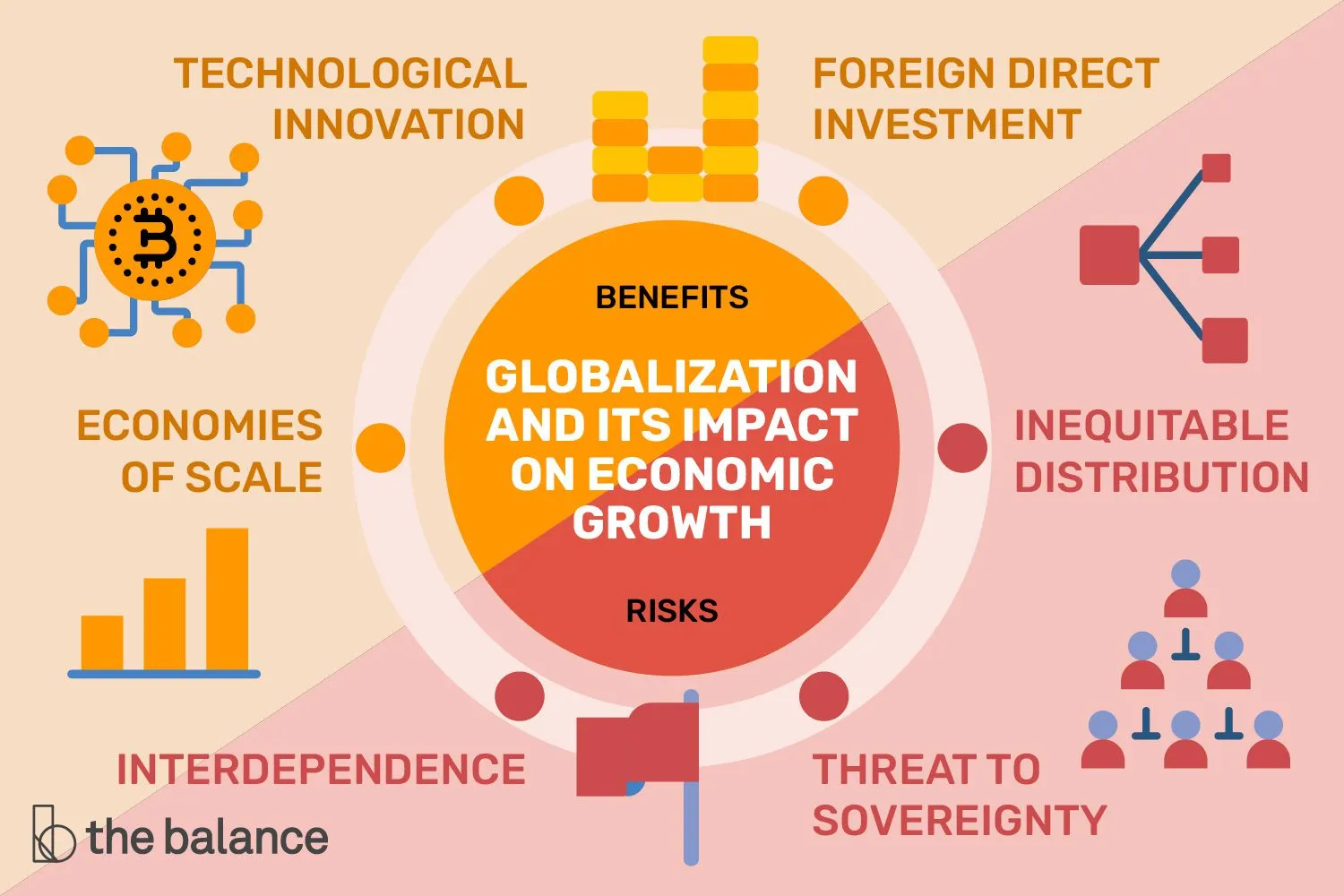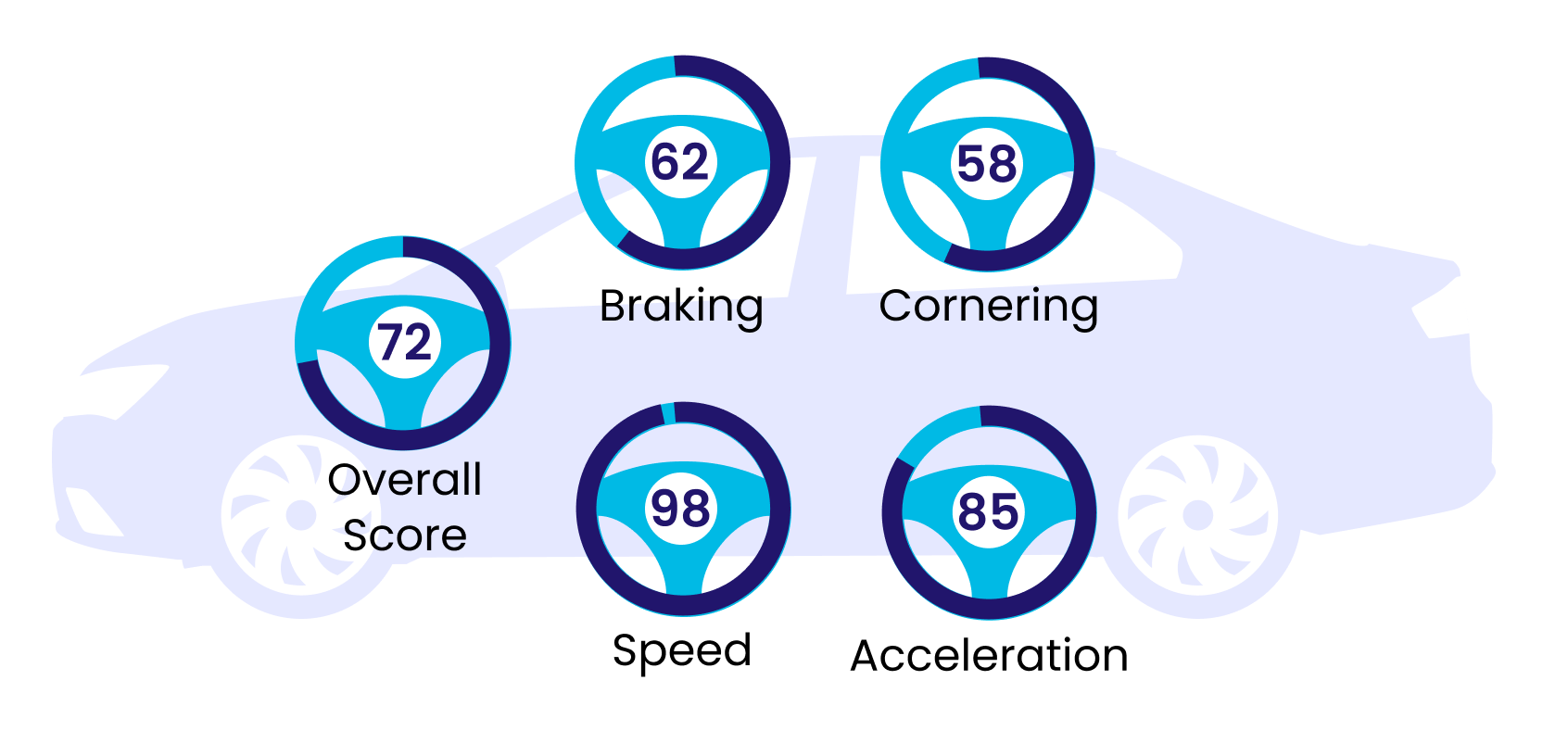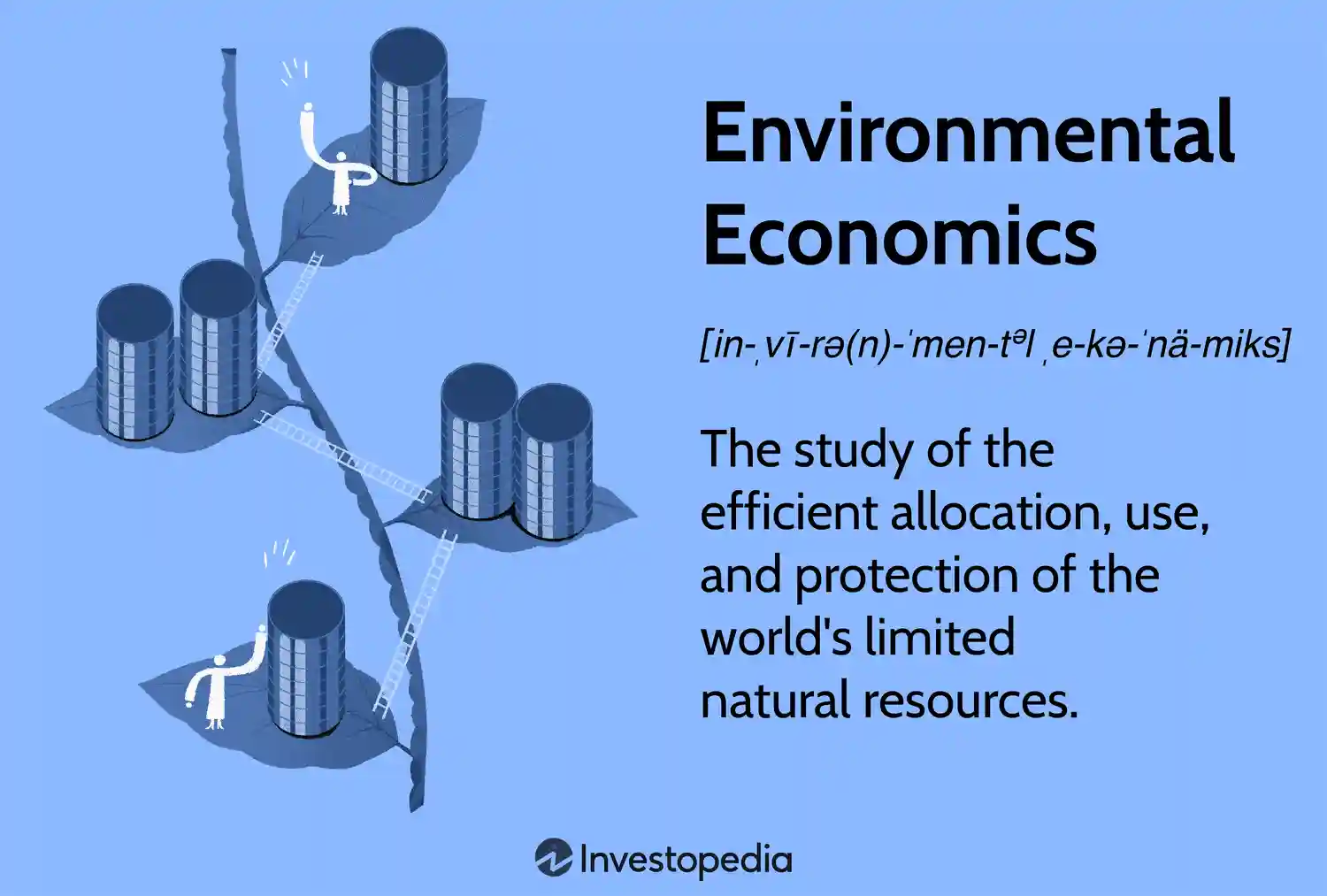The Ethics of Artificial Intelligence: What You Need to Know
Mia Wilson
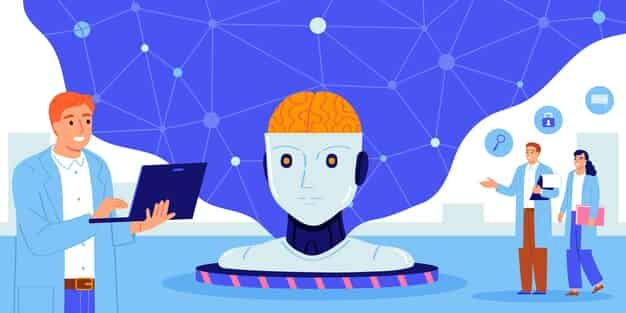
Photo: The Ethics of Artificial Intelligence: What You Need to Know
As artificial intelligence (AI) continues to advance and integrate into various aspects of our daily lives, it is crucial to explore the ethical considerations surrounding this powerful technology. The ethics of AI is a multifaceted and evolving topic that demands our attention to ensure its responsible development and use. In this article, we will delve into the key ethical concerns, potential risks, and the importance of establishing guidelines to navigate the complex world of AI's impact on society.
Understanding the Ethical Landscape of AI
Artificial intelligence, with its ability to learn, reason, and make decisions, has the potential to revolutionize industries and improve our lives. However, this transformative power also raises ethical dilemmas that society must address. Here's a closer look at the ethical considerations at play:
Bias and Fairness: AI systems are only as unbiased as the data they are trained on. If the training data contains inherent biases, the AI model may perpetuate and even amplify these biases. For example, facial recognition technology has faced criticism for its racial and gender biases, leading to inaccurate results and potential discrimination. Ensuring fairness and mitigating bias in AI development is essential to prevent harmful outcomes.
- Privacy and Data Protection: AI relies on vast amounts of data, often personal and sensitive, to train and improve its algorithms. The collection, storage, and use of this data raise significant privacy concerns. Striking a balance between utilizing data for AI advancement and protecting individuals' privacy rights is a critical ethical challenge.
- Accountability and Transparency: As AI systems become more complex, understanding their decision-making processes becomes increasingly difficult. This lack of transparency can lead to concerns about accountability. When AI makes critical decisions, such as in healthcare or criminal justice, ensuring transparency and accountability is vital to maintain trust and fairness.
- Job Displacement and Economic Impact: AI has the potential to automate numerous tasks, leading to concerns about job displacement and economic inequality. While AI may create new job opportunities, the transition for affected workers and industries can be challenging. Ethical considerations should address the societal impact of AI-driven automation and explore ways to mitigate potential negative consequences.
Navigating the Risks and Benefits
The ethical implications of AI are deeply intertwined with the potential risks and benefits it brings. Here's an analysis of these aspects:
Benefits:
- Efficiency and Productivity: AI can automate repetitive tasks, analyze vast datasets in seconds, and optimize processes, leading to increased productivity and efficiency across industries. From healthcare diagnostics to financial analysis, AI has the potential to improve decision-making and reduce human error.
- Personalization and Customer Experience: AI-powered recommendation systems and personalized services enhance user experiences. From tailored product suggestions to virtual assistants, AI can cater to individual preferences, making technology more intuitive and user-friendly.
- Healthcare and Scientific Advancements: AI has the potential to revolutionize healthcare with accurate diagnostics, personalized treatment plans, and drug discovery. It can analyze medical data, identify patterns, and support medical professionals in delivering improved patient care.
Risks:
- Unemployment and Social Disruption: The automation of jobs through AI may lead to widespread unemployment and social unrest. Industries like manufacturing, transportation, and customer service could see significant job losses, requiring societal adjustments and reskilling initiatives.
- Data Privacy and Security: As AI relies on vast data collection, the risk of data breaches and unauthorized access increases. Personal data, if misused or stolen, can lead to identity theft, financial loss, and privacy violations. Ensuring robust data protection measures is essential.
- Algorithmic Bias and Discrimination: Biased AI systems can perpetuate and exacerbate existing social inequalities. For instance, biased hiring algorithms may disadvantage certain demographic groups, leading to unfair hiring practices. Addressing algorithmic bias is crucial to prevent discrimination and ensure equal opportunities.
Establishing Ethical Guidelines for Responsible AI
To navigate the complex ethical landscape of AI, it is imperative to establish guidelines and frameworks that promote responsible development and deployment. Here's how we can approach this crucial task:
- Regulation and Policy: Governments and international organizations should collaborate to develop comprehensive regulations and policies governing AI development and use. These regulations should address data privacy, algorithmic transparency, and accountability, ensuring AI systems are developed and deployed ethically.
- Industry Standards: Industries utilizing AI should establish best practices and standards to ensure ethical behavior. This includes guidelines for data collection, model training, and decision-making processes. Industry-specific standards can help maintain trust and ensure AI's responsible use.
- Ethical Review Boards: Similar to medical research, AI projects, especially those with significant societal impact, should undergo ethical review. These boards can assess potential risks, biases, and privacy concerns, providing guidance and approval before implementation.
- Education and Awareness: Promoting AI literacy and ethical awareness among developers, policymakers, and the public is essential. Education can foster a culture of responsible AI development and use, encouraging individuals to question and challenge unethical practices.
- Collaboration and Transparency: Encouraging collaboration between AI researchers, developers, and ethicists can lead to more robust ethical considerations. Transparent communication about AI systems, their capabilities, and limitations can build trust and enable informed decision-making.
Conclusion: A Balanced Approach to AI Ethics
Artificial intelligence presents us with an exciting yet challenging ethical landscape. While AI has the potential to bring about significant benefits, it also carries risks that must be carefully navigated. By addressing concerns related to bias, privacy, accountability, and societal impact, we can ensure that AI is developed and deployed ethically.
Establishing comprehensive guidelines, regulations, and industry standards is crucial to fostering trust and ensuring AI's positive impact on society. As AI continues to evolve, ongoing dialogue and collaboration between experts, policymakers, and the public are essential to adapt ethical frameworks and address emerging challenges.
The responsible development and use of AI require a balanced approach, where we embrace its potential while vigilantly safeguarding against its risks. By doing so, we can harness the power of AI to create a more efficient, innovative, and equitable future while respecting ethical boundaries and protecting human values.
In navigating the complexities of AI ethics, we must remain vigilant, adaptable, and committed to ensuring technology serves humanity's best interests. This journey requires a collective effort, where diverse perspectives and ethical considerations guide the development and application of AI, shaping a future where technology and ethics coexist harmoniously.
For You
View AllLearn how globalization impacts economies worldwide, from trade to employment. Click for a balanced analysis!
Mia Wilson
Learn how to create a nutritious meal plan that supports your health goals. Start planning your balanced diet today! Get started now.
Mia Wilson
Discover how usage-based insurance works and how it can save you money. Learn tips for smarter, personalized coverage today!
Mia Wilson
Discover the top performance car brands that dominate the market with speed, style, and innovation. Find your dream car now!
Mia Wilson
Explore the basics of environmental economics and how it links the economy to sustainability. Click to learn key insights!
Mia Wilson
Discover the incredible benefits of solo travel. From personal growth to ultimate freedom, find out why going solo is life-changing!
Mia Wilson
Health




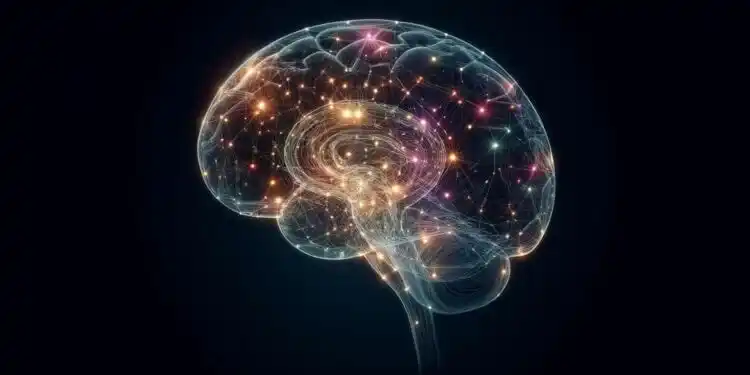





Education
View All
May 16, 2025
What Does PLC Stand for in Education?
Explore what PLCs are, their role in professional learning, and how they improve teaching outcomes. Learn more now!

May 19, 2025
What Is Tertiary Education?
Understand tertiary education, its levels, and how it prepares students for advanced careers. Explore your options now!

May 12, 2025
Where Does the US Rank in Education?
Explore the US education ranking globally, factors influencing its position, and what it means for the future. Get insights now!
